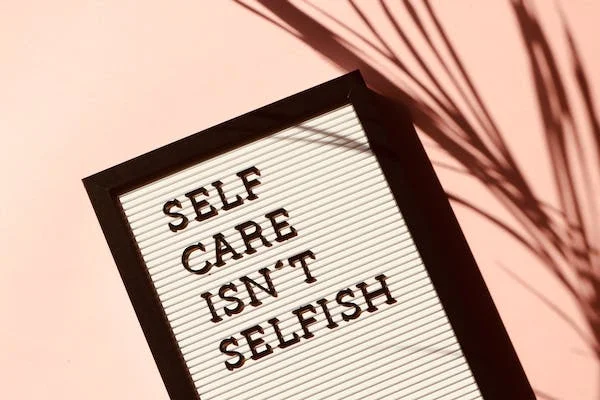The Importance of Mental Health Awareness

With the rising prevalence of mental health disorders across the globe, understanding and addressing mental health has become increasingly important. Though this topic can be complex and difficult to discuss, it is critical that we do so in order to protect the most vulnerable members of our society who are struggling with mental health conditions. In this article, we delve into the significance of mental health awareness and the role it plays in our society.
Table of Contents
Understanding Mental Health: A Broad Overview

Mental-health refers to our cognitive, behavioral, and emotional well-being. It influences how we perceive ourselves, relate to others, and interact with the world around us. Good mental-health isn’t merely the lack of mental disorders; it’s also the ability to cope with life’s challenges. Mental-health disorders are common, impacting millions of individuals globally. These disorders can range from anxiety and depression to more severe conditions like schizophrenia and bipolar disorder.
The complexity of mental-health necessitates a deeper understanding. Resources like chatrooms to talk about problems can provide immediate assistance and raise mental-health awareness simultaneously. Peer-to-peer support can be extremely valuable, particularly when you think about how useful it can be to talk to someone going through something similar. Anonymity can be useful as well, since you may feel less self-conscious and more free to talk about your inner thoughts. It’s worth giving online peer-to-peer chat networks a chance if you’re in need of a safe space to vent or ask for advice.
Despite the high prevalence of mental-health disorders, many people still lack a clear understanding of them. Many misconceptions persist, often serving as barriers to seeking help. Providing clear, accessible information about these conditions is needed to augment understanding and remove the stigma.
Unveiling the Stigma Surrounding Mental Health
For a long time, mental health has carried a blanket of stigma in societies globally. Media, myths, and societal norms have often portrayed mental illnesses as signs of personal weakness or something to be ashamed of. The resulting fear and misunderstanding feed social discrimination and discourage those affected from seeking help. Stigma perpetuates negative stereotypes about mental illnesses and reinforces the belief that discussing these conditions openly is unacceptable. This hurdle hinders both diagnosis and treatment, leading to mental distress that could otherwise be avoided.
Stigma can be combated through education that promotes understanding and empathy. Using appropriate language, behaviors, and attitudes toward mental-health can lead to a healthier and more supportive environment for those affected by mental-health conditions. Moreover, it’s crucial to talk openly about mental-health not only in professional settings like hospitals and clinics but also in families, schools, and communities. Maintaining an open dialogue can help dispel myths and misconceptions surrounding mental-health and foster a culture of acceptance.
Importance of Increasing Mental Health Awareness

Increased mental-health awareness equips people with the knowledge they need to address mental well-being effectively. Whether you’re suffering from a mental illness, supporting someone who is, or simply searching to comprehend the subject better, awareness plays a part. Knowing the signs and symptoms of different mental-health conditions can prompt earlier health-seeking behaviors. Early identification and treatment can drastically improve the long-term prognosis of these conditions.
However, mental health awareness isn’t only about identifying and treating mental illnesses. It’s also about promoting mental well-being and overall health. It can help people employ coping mechanisms, and stress management strategies, and maintain healthier relationships. Mental health awareness can enable lawmakers and stakeholders to make informed decisions about mental health policies and care, ensuring that assisted individuals receive the required support and treatment.
As this article has demonstrated clearly, raising awareness and understanding of mental health conditions can change the narrative surrounding mental health, create a more empathetic society, and encourage individuals to seek help when needed. This will require a commitment from all of us, but it is well worth it and integral to creating a better world. Follow our tips and you can take better care of yourself and others.


